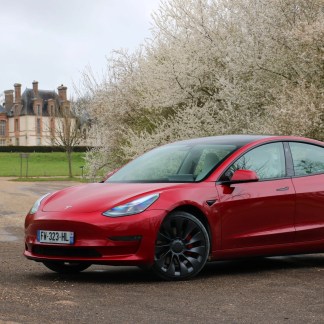Those who are reluctant to take the plunge towards electric very often have many arguments against the vehicles on offer today. We will see if the biggest prejudices about electromobility are justified.
The perfect electric car still does not exist, and it must be admitted that there are concessions to be made compared to a thermal vehicle. Whether it is on the management of long journeys, on accessibility to charging points or even on prices, there is still work to be done before arriving at an experience approaching what the majority of motorists know.
However, some received ideas are no longer relevant and it is important to qualify them. We will therefore review the biggest negative points of the electric car that are generally put forward, and determine if these are just simple prejudices, or if there is still a large part of truth.
Long journeys by electric car, really impossible?
It’s a great classic that we hear and read wrong and through: electric vehicles are good for the city, but it stops there. While it is true that for many years, the vehicles with the most range could hardly cover more than 150 kilometers with peace of mind, in 2022 the landscape is fundamentally different.
An average electric vehicle today carries a battery of at least 45 kilowatt hours, which can easily cover 250 kilometers. The most popular models in France in 2021 all had batteries of more than 50 kilowatt hours: the Tesla Model 3, the Renault Zoé and the Peugeot E-208.
In the WLTP cycle, their autonomy is respectively announced at 510 kilometers, 395 kilometers and 362 kilometers. If it is true that in real conditions, it is rather necessary to consider a third less compared to the estimate of the cycle, this gives a radius of action of between 250 and 360 kilometers.
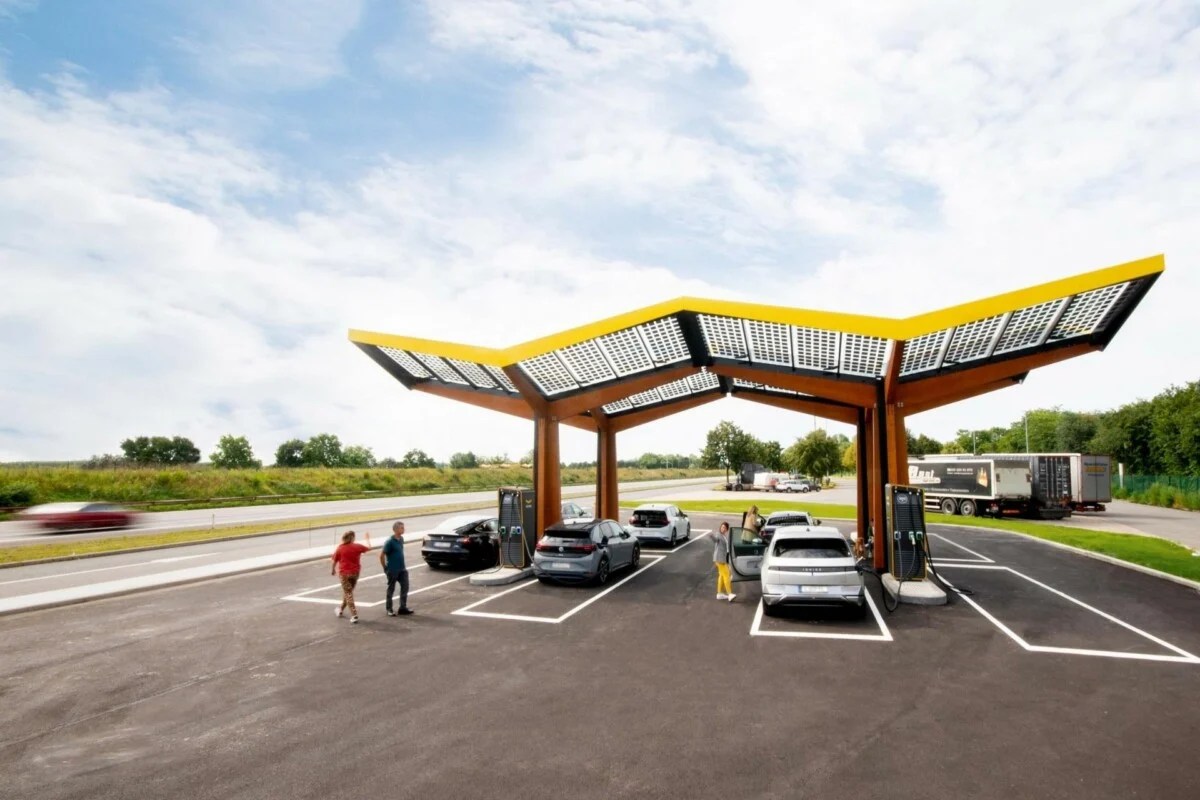
The majority of French people travel less than 500 kilometers to get to their vacation spot and it therefore seems quite possible to make this journey in one go with certain electric cars. Many references also display sufficient autonomy to travel up to 400 kilometers in one go, but in some cases it will still be necessary to recharge to reach your destination, which is becoming increasingly easy.
Many fast charging operators are now present throughout Europe, and motorway service areas receive very high power charging points (up to 350 kW) allowing the recovery of up to 200 kilometers of autonomy in about fifteen minutes. Of course, those who are used to staying behind the wheel for six hours and arriving at their destination without the slightest break will have to change their habits, but with a minimum of planning, long electric journeys are already a reality. .
Finding a charging station, easy or a headache?
Another cliché that has persisted for many years: finding a charging point is an impossible task, while gas stations are very easy to find. This received idea is more and more erroneous, knowing that the number of service stations distributing fuel has been constantly decreasing in France for forty years. In 2018, there were only 11,000, where during its last national barometer of charging infrastructures open to the public, Avere listed 22,870 charging stations in France.
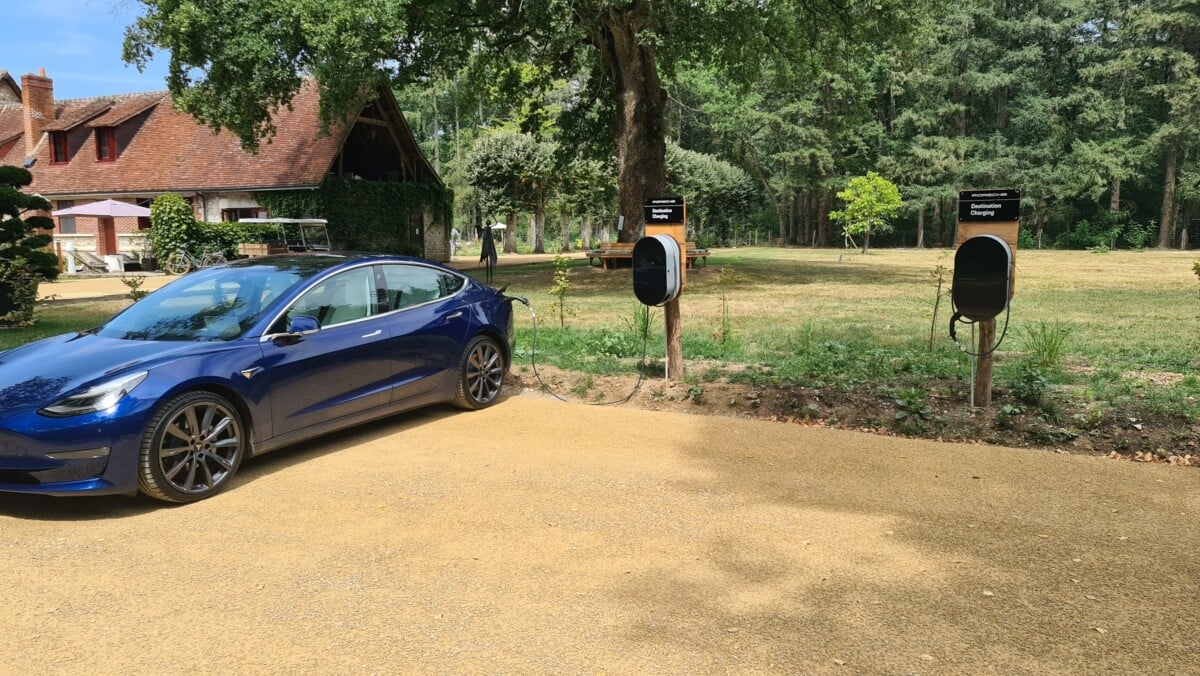
As of today, there are therefore more than twice the number of charging stations for electric vehicles than petrol stations on national territory and the number of charging points available was 57,732 in April 2022. This figure has increased sharply in the last twelve months, with an evolution of 54% according to the Ministry of Ecological Transition.
Of these more than 57,000 charging points, 40% were located in public car parks, 30% on the road, 27% in shopping centers and 3% in companies. The vast majority of these charging points are intended for slow charging in alternating current, when only 8% of the terminals installed offer fast charging.
Many applications allow you to find a charging point in France. We invite you to consult our file on the ways to get out of it if you want to charge outside your home. Although it is improving, the public charging situation is not completely resolved. It is true that the available stations are not necessarily always in working order, and that some require a specific badge to operate.
However, the future should be even better, with some major players in the retail sector who want to massively install charging stations in the coming years. We can also highlight the gradual opening of Tesla Superchargers to all electric vehicles, which will eventually make it possible to add around a hundred additional stations spread over metropolitan France, offering more than 1,000 fast charging points.
Charging an electric car would take way too long
It’s a fact, an electric car takes much longer to recharge compared to the time it takes to fill up with gas. On the one hand, in a few minutes at most, it is possible to be back on the road for hundreds of kilometres, and on the other, it is undoubtedly much longer.
However, a distinction should be made between slow charging, which is often at home or at work, and the fast charging required for long journeys. Indeed, although it takes a very long time to recharge an electric car on a domestic socket (around 20 to 40 hours to do a full recharge), this does not pose the slightest problem on a daily basis.
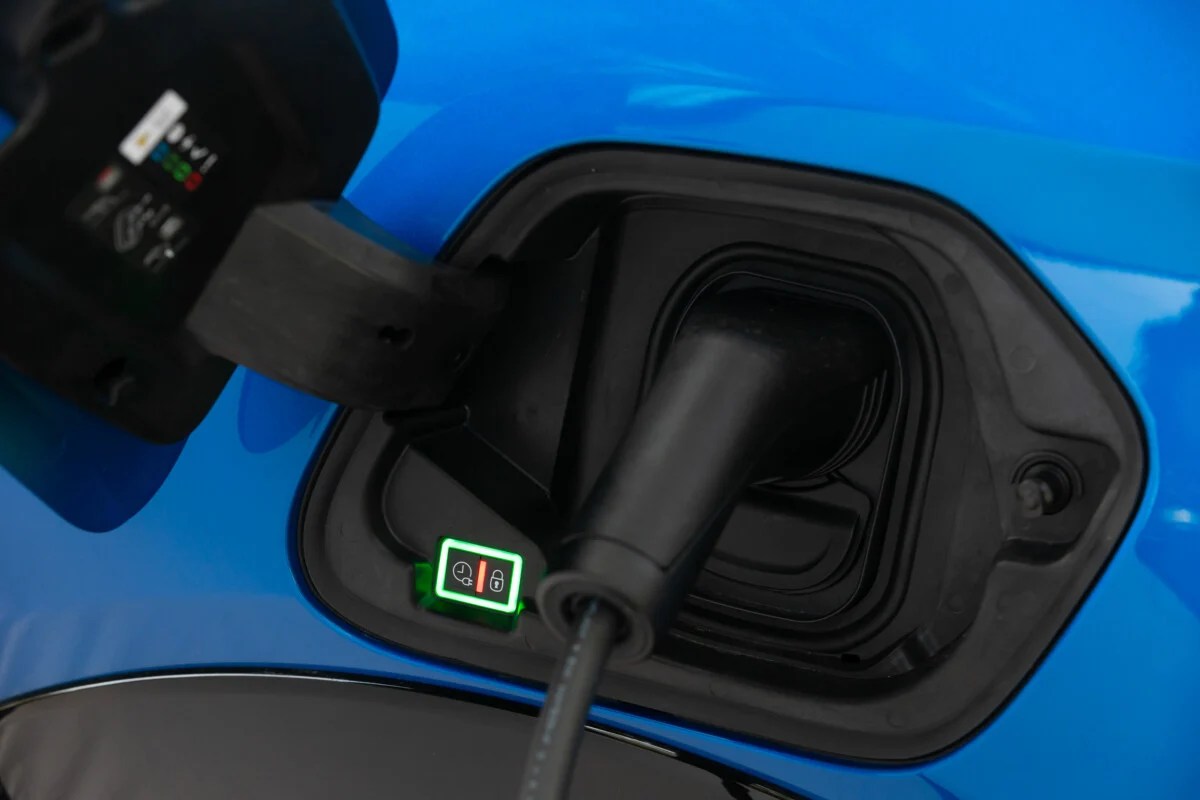
Without specific equipment, it is of course possible to recharge an electric car on a domestic socket. In many cases, the cable allowing this charging mode is also included with the vehicle. If we consider a classic case where the car is charged during off-peak hours, at night, it will be between 60 and 100 kilometers of autonomy that can be recovered. Thus, for people who do not travel more than 100 kilometers daily, an electric car does not bring any constraint if there is a power outlet near the place of parking.
For electromobilists with greater recharging needs, it is advisable to install a home charging station, or wallbox, allowing the entire battery to be recovered in around six hours. In these cases, even with daily needs exceeding a hundred kilometres, you will be able to move around with complete peace of mind.
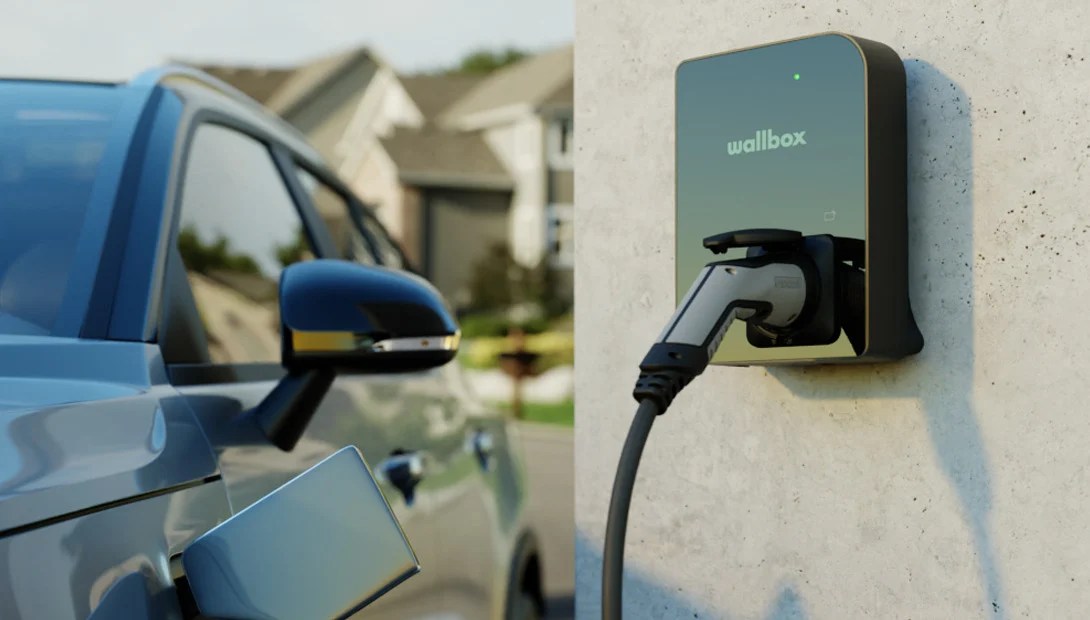
In the case of long journeys, it is certain that the comparison with a thermal vehicle will be to the disadvantage of the electric one with regard to the total duration of the trip. The majority of electric cars today offer fast direct current charging, allowing them to go from 20 to 80% battery in about thirty minutes. Some models, like the Hyundai Ioniq 5 or the Kia EV6, even recover 70% of the battery in less than 18 minutes, which will reassure those most worried about the duration of the charge.
An electric car would be far too expensive compared to a thermal car
The price argument is, to date, the one that remains the most sensible. It is true that the prices of electric vehicles remain very high compared to an equivalent thermal vehicle. Among the most popular references, we can take the example of the Peugeot e-208, which displays an entry-level price of 33,950 euros against 17,500 euros for the entry-level thermal version of the Peugeot 208.

Even taking a similar trim level, the Petrol version starts at 19,200 euros, which is 14,750 euros less than its electric counterpart. Although it is indeed necessary to count on substantial savings in the use in favor of the electric – which allows a cost per 100 kilometers located under 3 euros, against nearly 9 euros for a thermal vehicle – the difference in price displayed to purchase is considerable.
Fortunately, there are now purchase incentives, in the form of an ecological bonus which can reach 6,000 euros, and certain additional aid can be added to this depending on your situation and your place of residence. In some cases, no less than 11,000 euros must be deducted from the list price displayed, which may lead to reconsidering the matter.
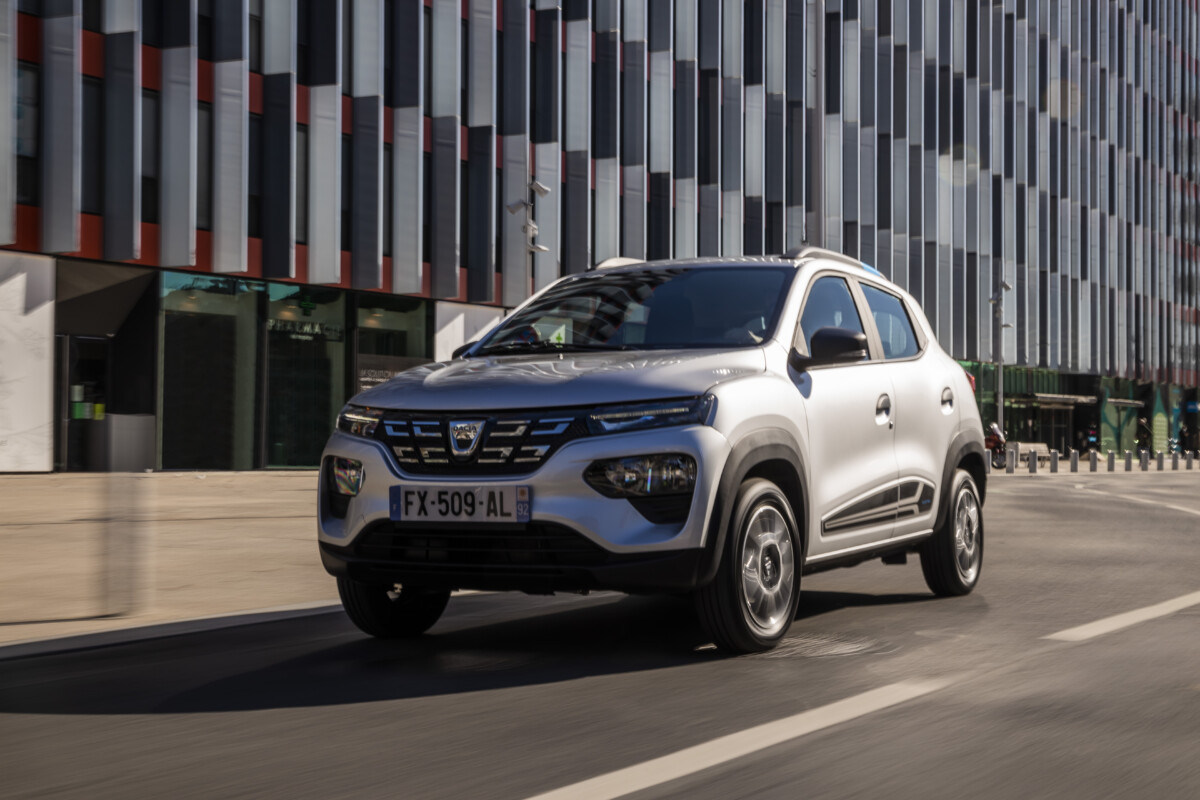
The cheapest electric car, the Dacia Spring, still starts at more than 12,000 euros including the ecological bonus, which is far from being a negligible sum for many. Certain long-term rental offers associated with the conversion bonus allow you to drive an electric vehicle for less than 100 euros per month, however, making the overall cost lower than an equivalent thermal vehicle.
The second-hand market is also starting to be more and more supplied and offers possibilities for driving electric at a more reasonable cost, but efforts must still be made by manufacturers to offer an offer approaching the cost of acquisition. of a thermal vehicle, which in 2022 will still be much lower than that of an electric car.
Some prejudices are no longer relevant
As we have seen, certain arguments against electric mobility no longer apply today. Long journeys are possible, even if it means planning your route before departure, and charging stations are increasingly present throughout the territory.
For people with a power outlet in their garage or in the car park at the workplace, driving electric will probably not pose any daily constraints. However, there are still efforts to be made on certain points, starting with the price which today remains well above the price of an equivalent thermal vehicle. Fast charging also remains a possible point for improvement, promised with the arrival of new and ever more efficient battery technologies.
It will be necessary to keep an eye on developments in the years to come to check whether the negative points of today will be corrected or not, but in any case, driving an electric vehicle seems to be attracting more and more people. , as evidenced by the sales figures which continue to reach new records.
To follow us, we invite you to download our Android and iOS application. You can read our articles, files, and watch our latest YouTube videos.

